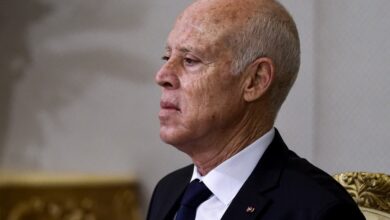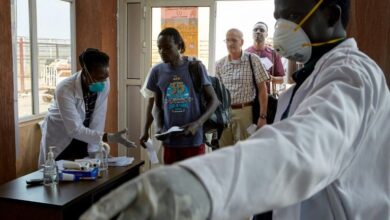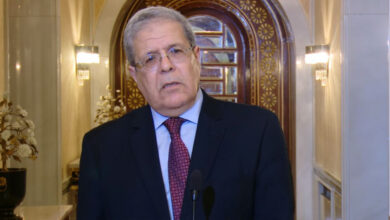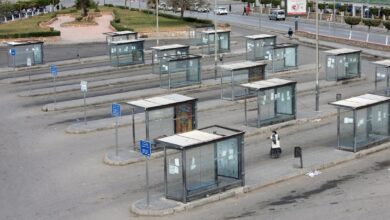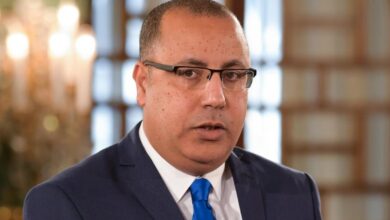Tunisia
Tunisian President Says Less Voting Turnout Better Than Rigged Elections
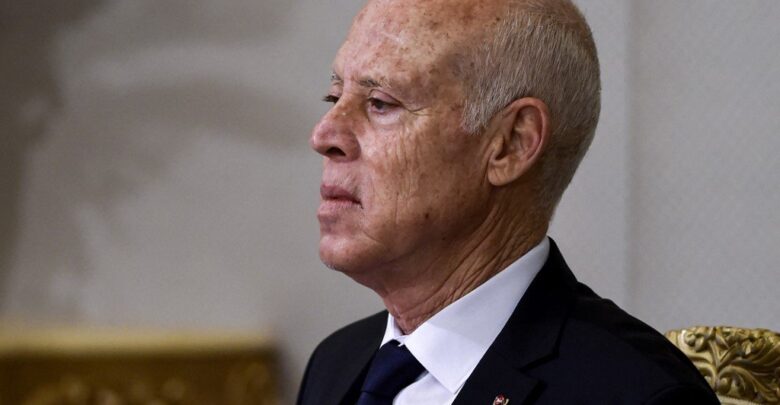
Tunisian President Kais Saied on Wednesday downplayed the massive abstention in the parliamentary elections held earlier this month, reported The Africa News.
According to the electoral authorities, a mere 11.2% of the people posted their votes in the election.
“Turnout of nine percent or 12 percent is better than 99 percent in previous elections, which were welcomed by foreign countries even though they knew they were rigged”, said the Tunisian president in a monologue to his cabinet on Wednesday.
Saied also slammed the opposition and critics who accused him of being a dictator. He accused his rivals of drowning in corruption and treachery and of plotting against the country and its internal and external security.
The opposition has called for massive protests and sit-ins to demand fresh presidential elections.
The Tunisian president has been making headlines after he seized powers in July last year in a move his opponents described as a coup. He suspended the government and the parliament. He then seized control of the judiciary and pushed through a constitution in a widely boycotted referendum in July.
As per the new electoral law and constitution, the country’s parliament’s strength has been greatly reduced. The new parliament consists of only 161 seats as compared to 217 seats in the 2019 elections.
In related news, the Tunisian General Labour Union (UGTT) on Wednesday announced it has planned a two-day general transport strike from Jan. 25 to Jan 26, against what it has called the government’s marginalization of public companies.
Last week, the labor union had warned President Saied that if the second round of parliamentary elections is not postponed, then there would be more chaos in the country.
The second round of elections are scheduled to be held towards the end of January and final election results could come as late as February.


